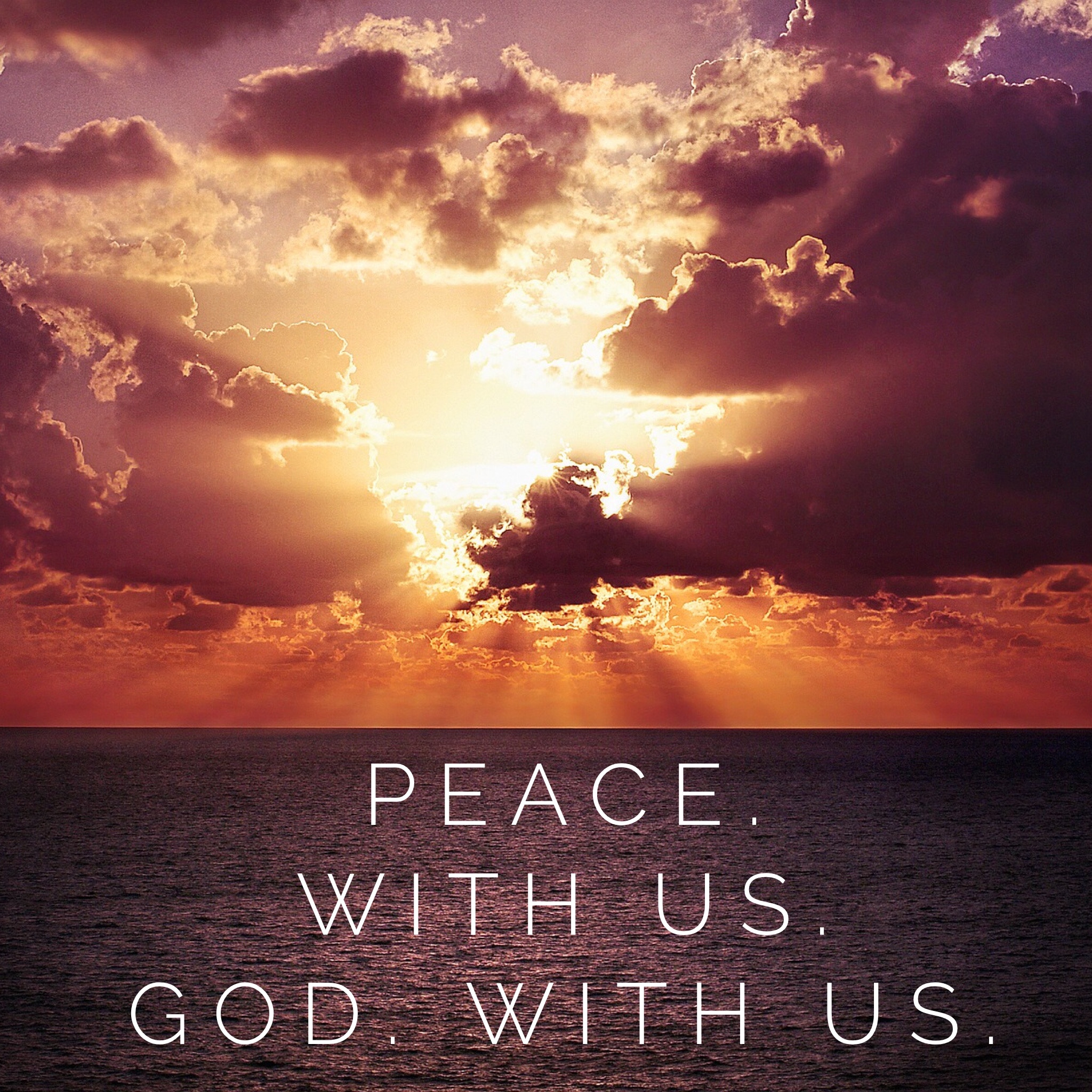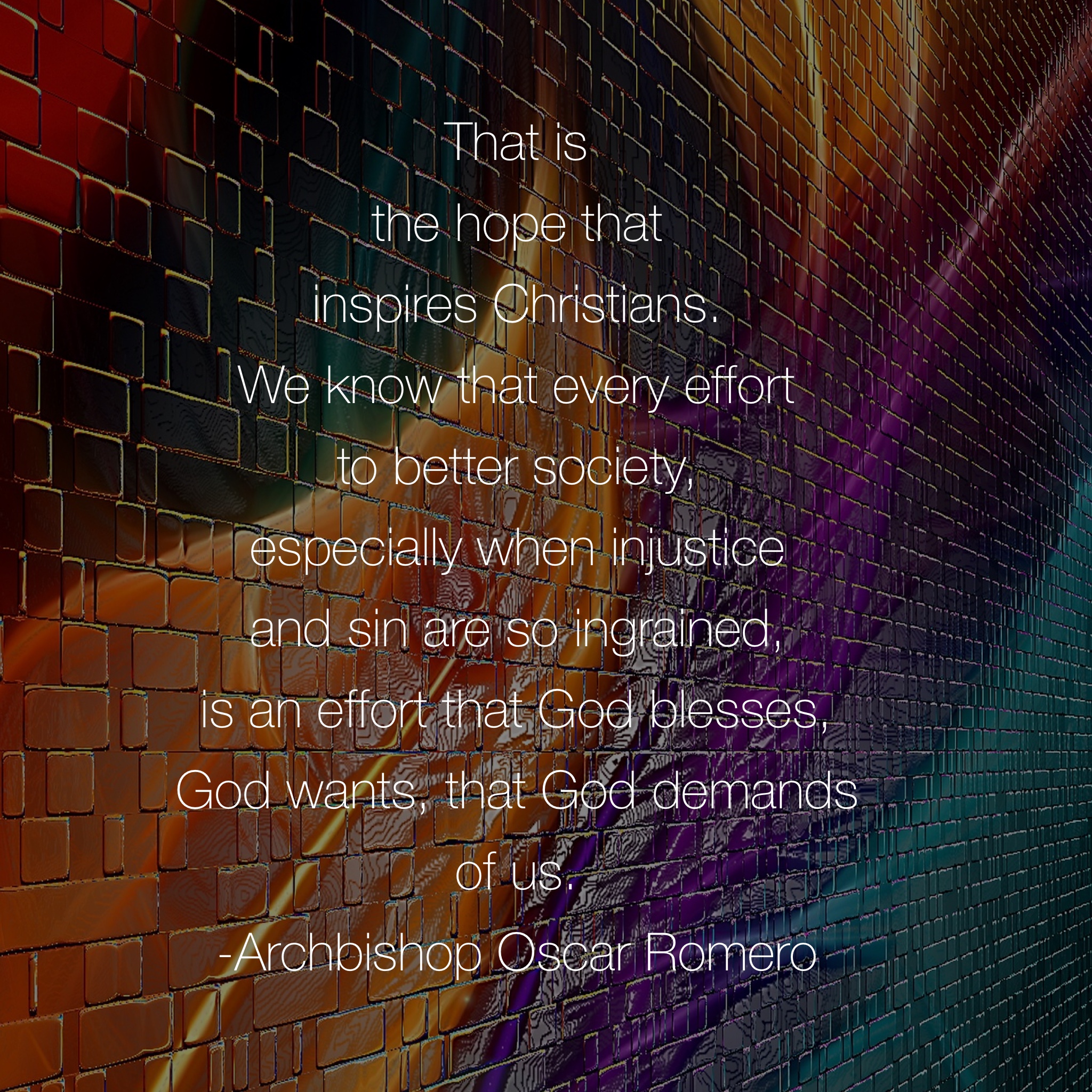
Why do you look for the living among the dead?
Luke 24:5b (CEB)
I love cemeteries! So much history, beauty, and sacredness in one place. There is also much of the present, fresh flowers, little toys, bottles of liquor, an occasional visitor in a chair, new grief and old grief. There is something about the cross-section of life and death, now and later, this life and the life to come?
In my years as a pastor, I have also paid more attention to other small details. Living people who have their names on a gravestone just waiting for their day. Young lives lost alongside long lives lived. Graves that tell the truth even when it hurts and the occasional grave for an unknown person.
Cemeteries are key places in our lives . . . but we cannot stay there! We cannot expect life to come, only the reality of our own mortality that paves the way for new life, for healing, wholeness, and the possibility of a better tomorrow.
Yet we love to hang out in the places of the dead when we struggle. We love to go to the past and believe the scripts that the past tells us about ourselves, our situation, and about the other. When anxieties and fears come visiting we tend to go to the well-worn path. We thinking that we might find answers but so often we find ourselves just strengthening our positions, digging our heels, feeding on hopelessness.
Each of us has our cemeteries. The places where the skeletons of our life can be found. They too are full of stories, wonder, and awe. They too contain the remains of our family stories and unresolved grief. These cemeteries are important for us as long as we recognize that there is no life there, that there is only death.
We go to these places because they are familiar. We are all hungry for meaning, connection, and comfort. The familiar is the fast food of those things, it provides immediate relief that does not last.
In our life of faith, it is easy to settle for resuscitation, for being the same person just breathing again. No real changes, just the relief that we are breathing, heart beating, and moving through life. Just an intellectual ascent to Jesus with an occasional trip to see him in the cemetery. There we can worship, connect, and walk away feeling like we have done our best. No real sacrifice, no transformation, just a benevolent more of the same.
The good news is that we are called to a new life. Resurrection means that we are transformed, renewed, and redeemed. Our whole selves now being shaped by a new Spirit, God’s spirit, shaped and guided by God’s love. New eyes, new ears, new posture, and a new attitude. No longer bound by our past we can freely live into a new future. No longer letting death define us, our script define us, or our past define us. Now being defined by grace and allowing grace to lead us into loving ourselves, our neighbor, and God.
Allowing our old self to die is difficult work. It is even more difficult once the Easter lunch is finished. Once the nap has been taken the well-worn path takes over, the signs pointing, and the every day of life with its worries and rhythms making us deaf to cries of resurrection.
Easter is a season so I’ve been wondering about what resurrection might look like for us in the days, months, and years ahead? What does new life centered on God’s love look like for us as individuals but also for us as a congregation? What does it mean for us to put aside our old selves and begin to search for the living among the living? How do we allow love to guide us not fear, anxiety, prejudice, or security? How do we help each other grow in compassion, peace-making, and forgiveness?
How do we help each other stroll out of the cemeteries and into the land of the living?









 Dear Garrett,
Dear Garrett,